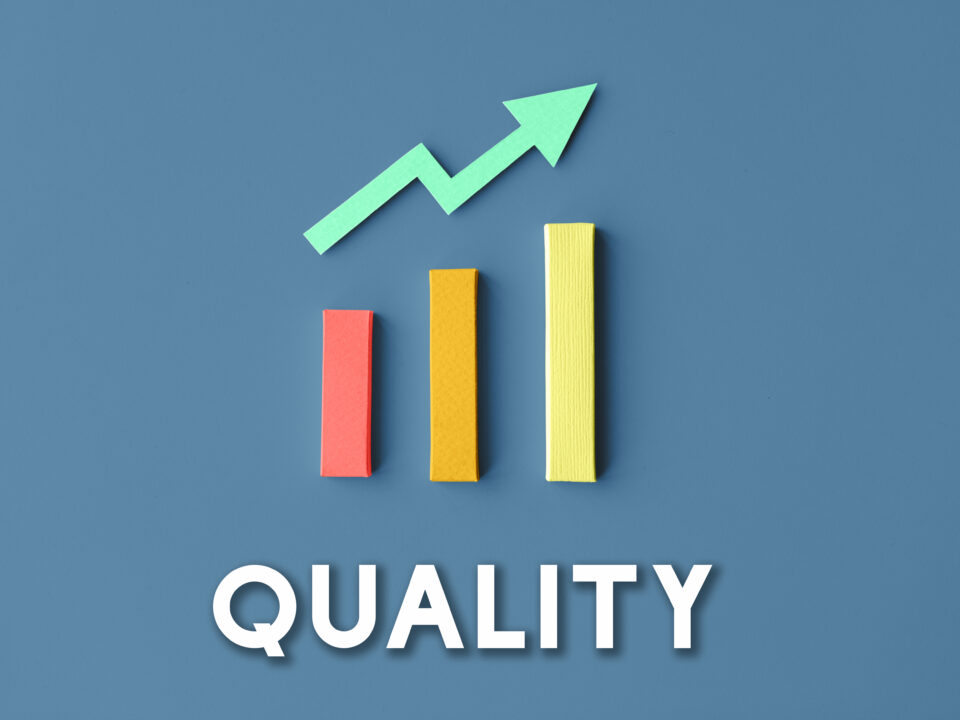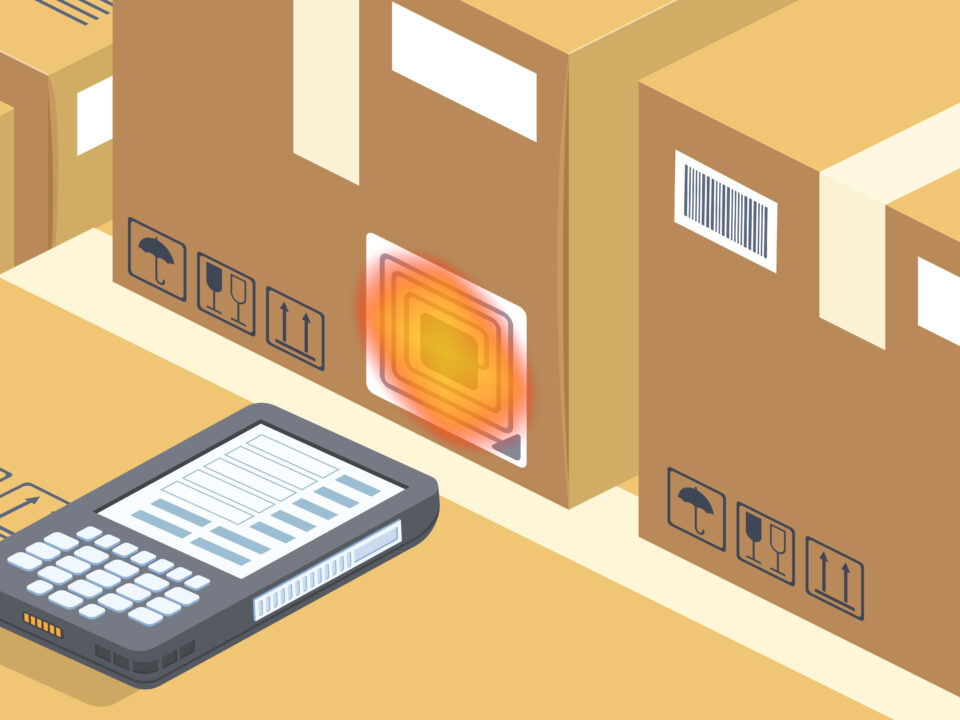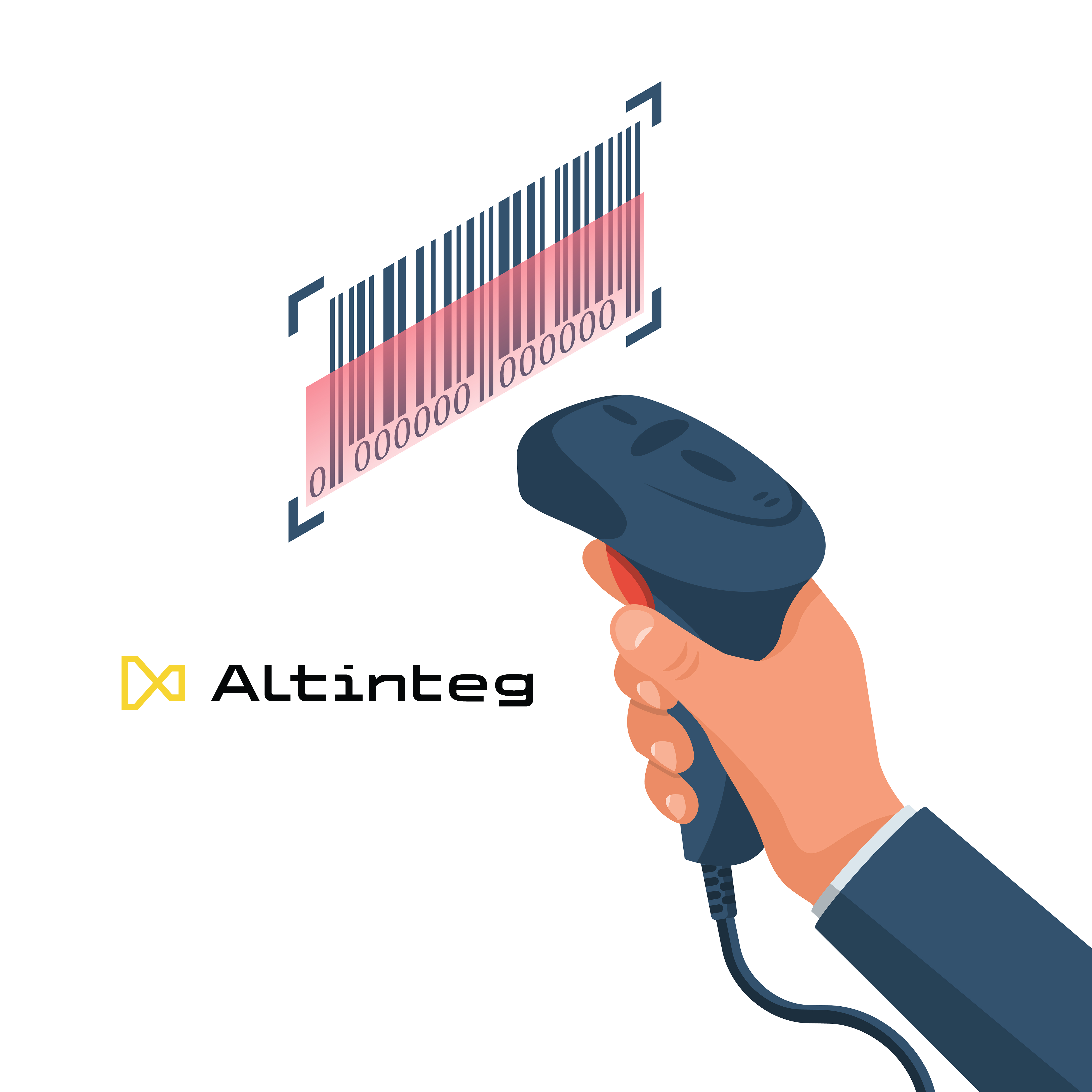
From Barcodes to Intelligence: Why 2D Codes and RFID Are Taking Over
July 15, 2025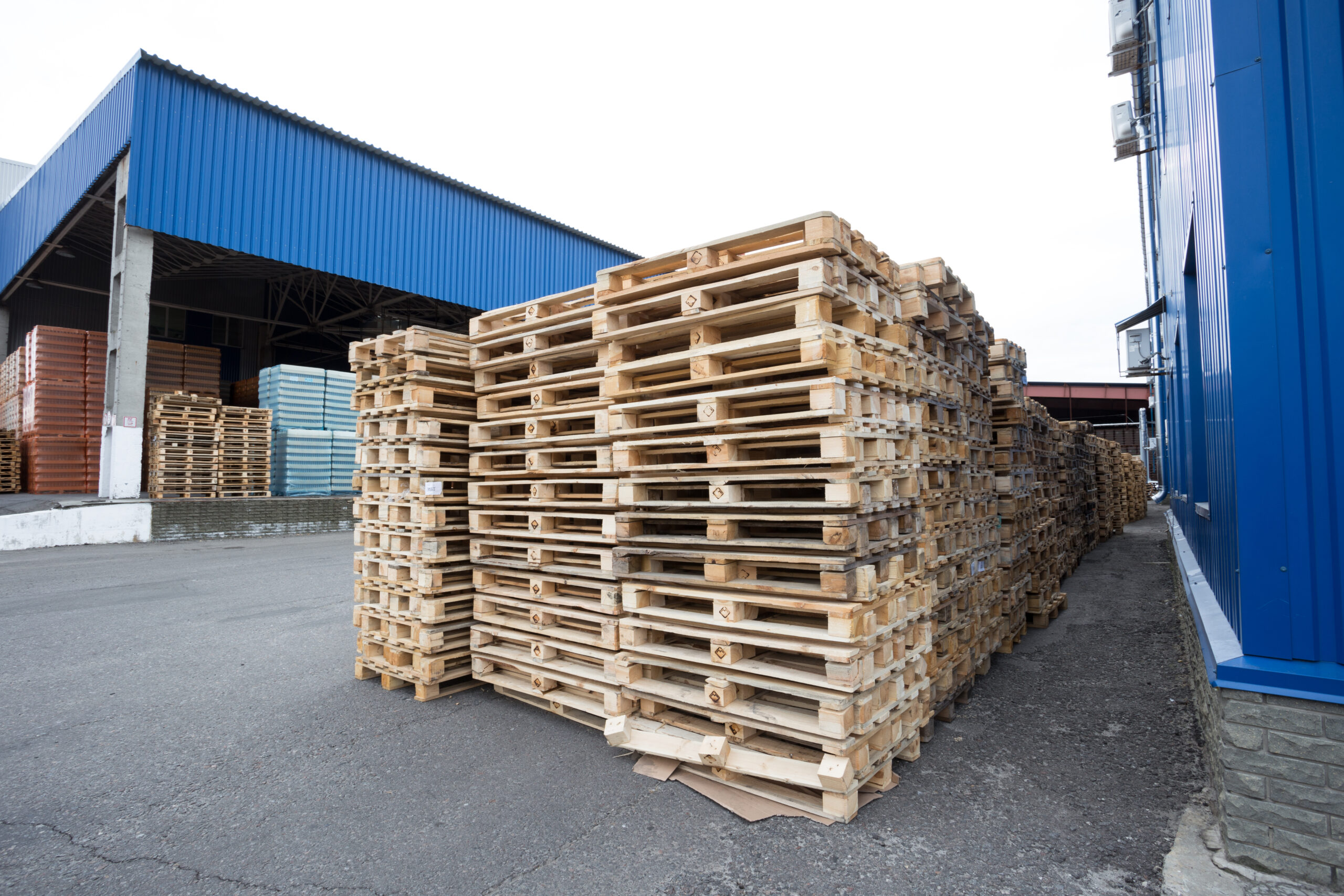
Wooden Pallets in the Food Industry
July 22, 2025The importance of food safety cannot be overstated. Product recall – what should we know? Recall is essential to ensure public health, maintain consumer trust, and protect brand reputation. Today, the Food Safety Alliance will discuss one of the most important aspects of food safety – managing product recalls.
1. What is a product recall?
![]()
A product recall is an action taken by a company to remove a product from the market because it is unsafe or violates regulatory standards. This can happen for various reasons, such as contamination, incorrect labeling, or the presence of foreign objects in the product.
2. Product Recall Procedure
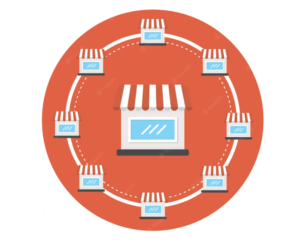
- Issue Identification: The first step is recognizing that there is a problem with the product. This can be identified through routine inspections, customer complaints, or food safety agency reports.
- Risk Assessment: Once the issue is identified, the company must assess the level of risk associated with the product. Is it a minor labeling error, or something that could cause serious health problems?
- Notification: Inform the relevant regulatory authorities about the issue. In many countries, this is a mandatory step.
- Communication: Notify stakeholders, including distributors, retailers, and the public, about the recall. This can be done through press releases, website announcements, and direct messages.
- Product Withdraw: Remove the suspected product from shelves and stop further distribution in the market.
- Disposal or Reprocessing: Depending on the nature of the defect, products may be destroyed or reprocessed and then re-released to the market.
- Review and Report: After the recall, it’s crucial to review the processes that led to the issue in the first place and implement preventive actions or revise prerequisite programs to avoid future incidents.
3. Risks of Not Having Recall Procedures

If a company does not have a clear and effective product recall procedure, the following risks may arise:
- Public health crisis: Hazardous products can cause foodborne illnesses, which may be fatal.
- Loss of consumer trust: A poorly managed recall can damage the brand’s reputation.
- Financial consequences: Ineffective recall procedures can lead to costs such as lawsuits, medical expenses, and lost sales.
4. Advantages of a Strong Product Recall Procedure

A well-functioning product recall procedure presents a wide range of opportunities for companies:
- Rapid response: Minimizes impact on public health and brand reputation.
- Maintaining brand trust: Demonstrating commitment to safety can enhance customer loyalty.
- Regulatory compliance: Helps avoid fines and legal consequences.
- Cost efficiency: Proactive management can reduce the financial impact of a recall.
5. Connection with HACCP
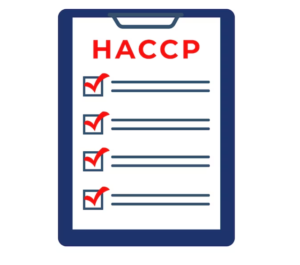
HACCP (Hazard Analysis and Critical Control Points) is a systematic, preventive approach to food safety. It identifies potential hazards in food production and implements necessary measures to prevent them.
Having a HACCP plan in place can significantly reduce the likelihood of a product recall, as potential risks are identified and minimized in advance. A well-documented HACCP system also helps in determining the root cause of a problem more quickly.
Conclusion

Product recall plays a crucial role in the food industry, ensuring public trust and safety. Companies must prioritize establishing strong recall procedures and integrating them into daily operations to protect both their consumers and their reputation.


